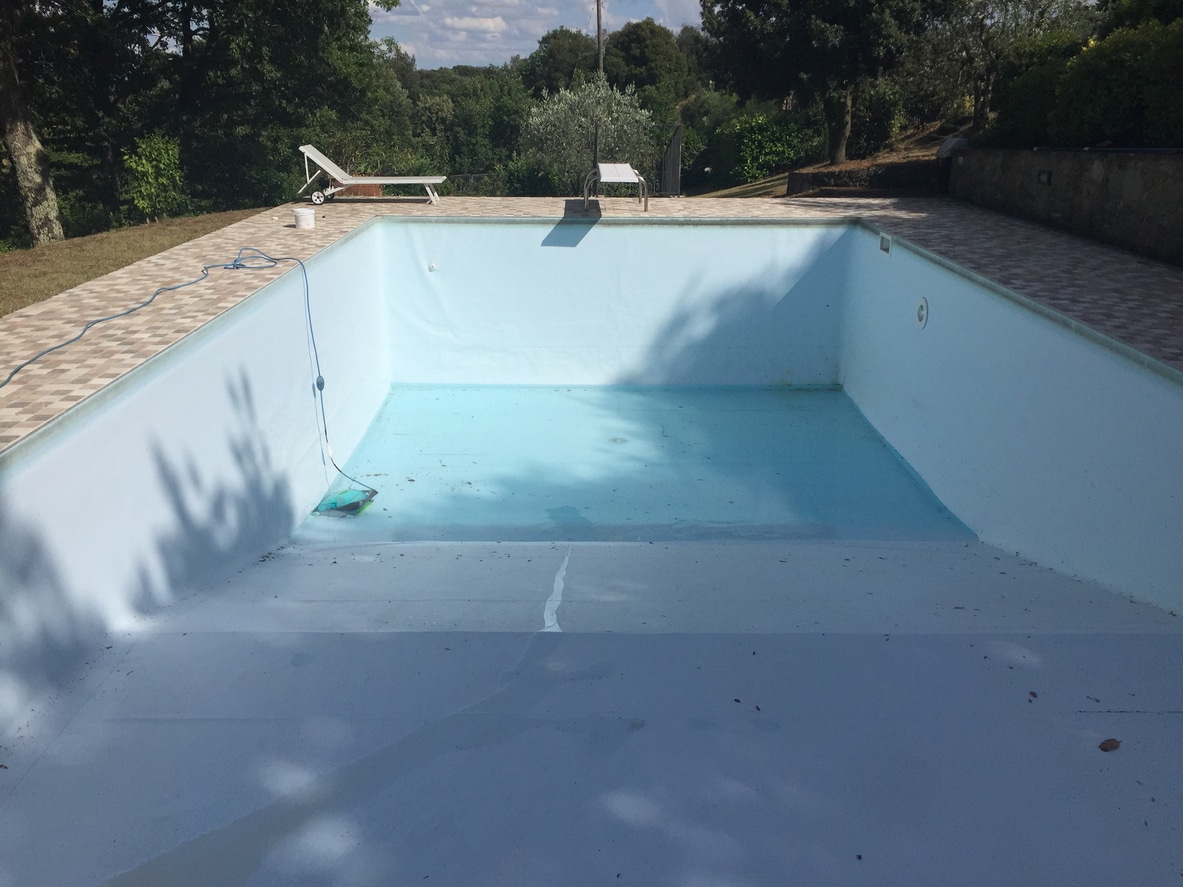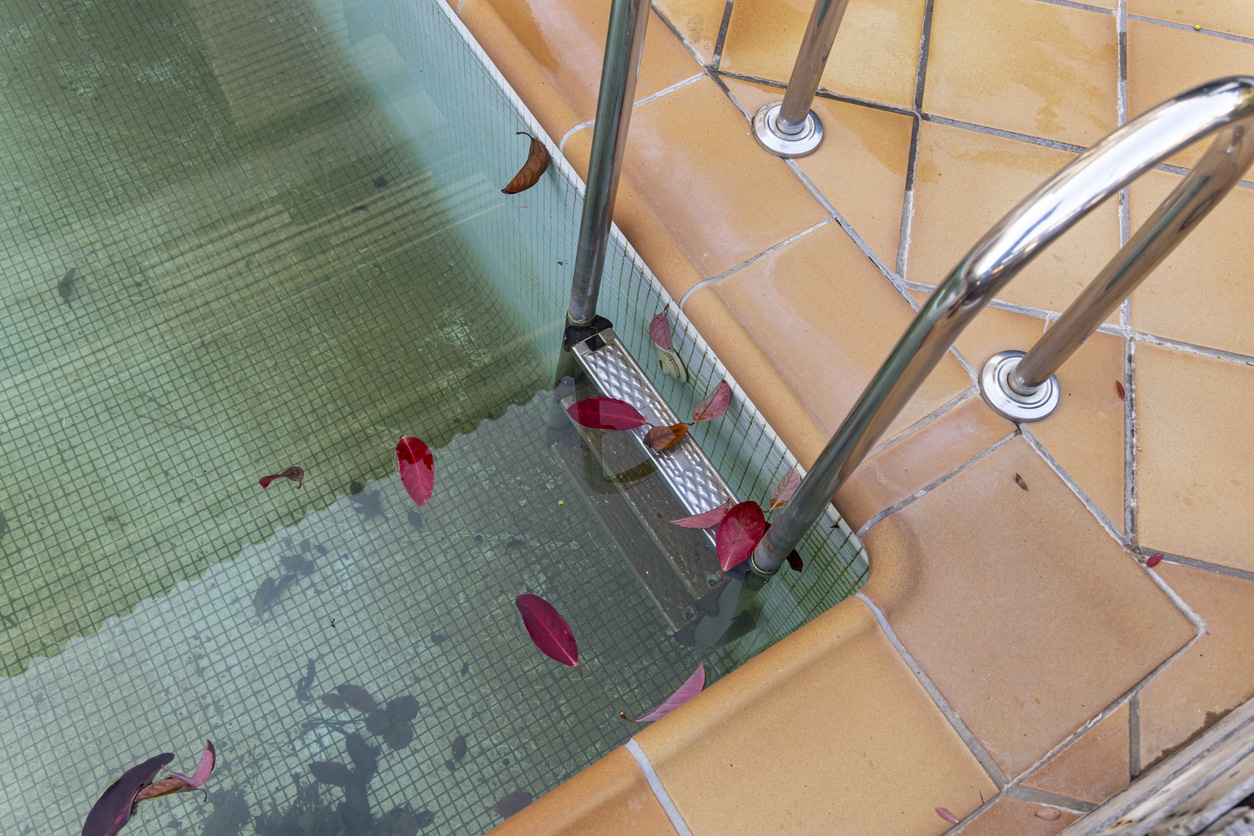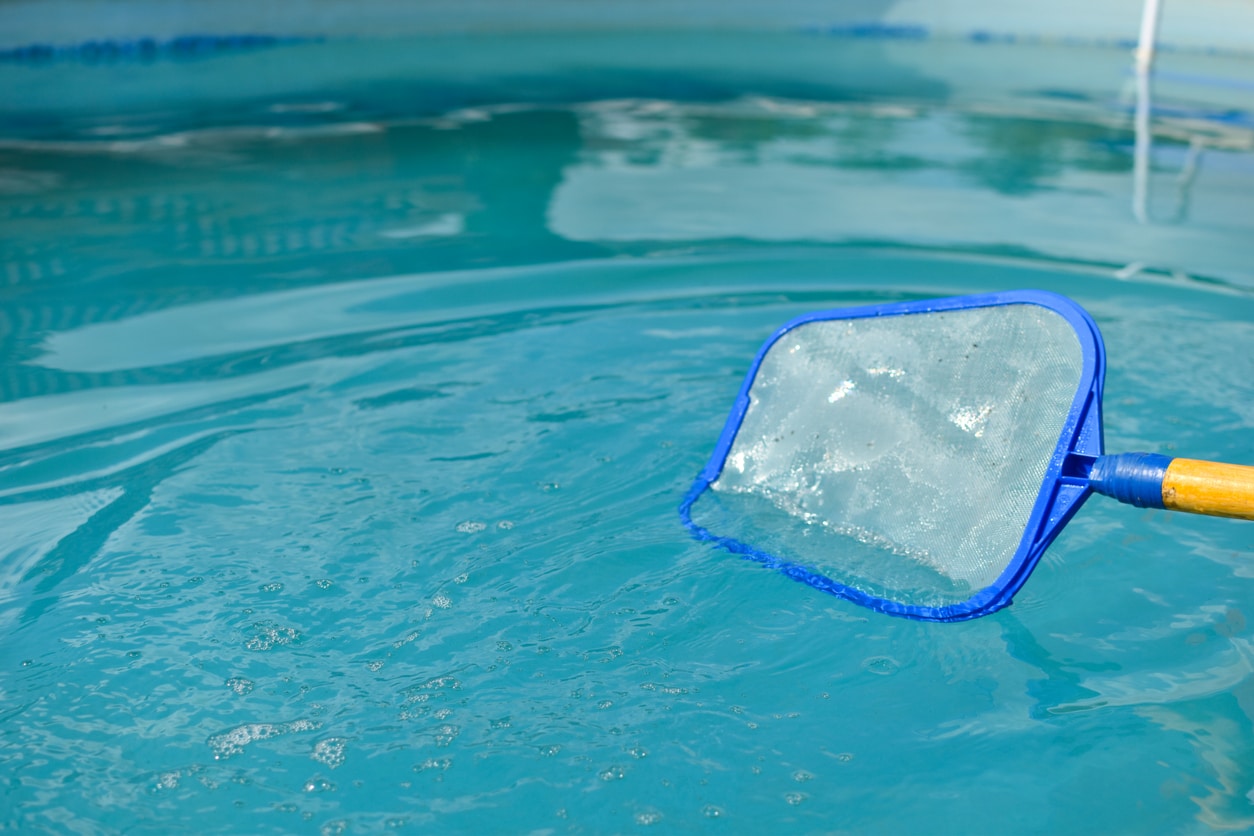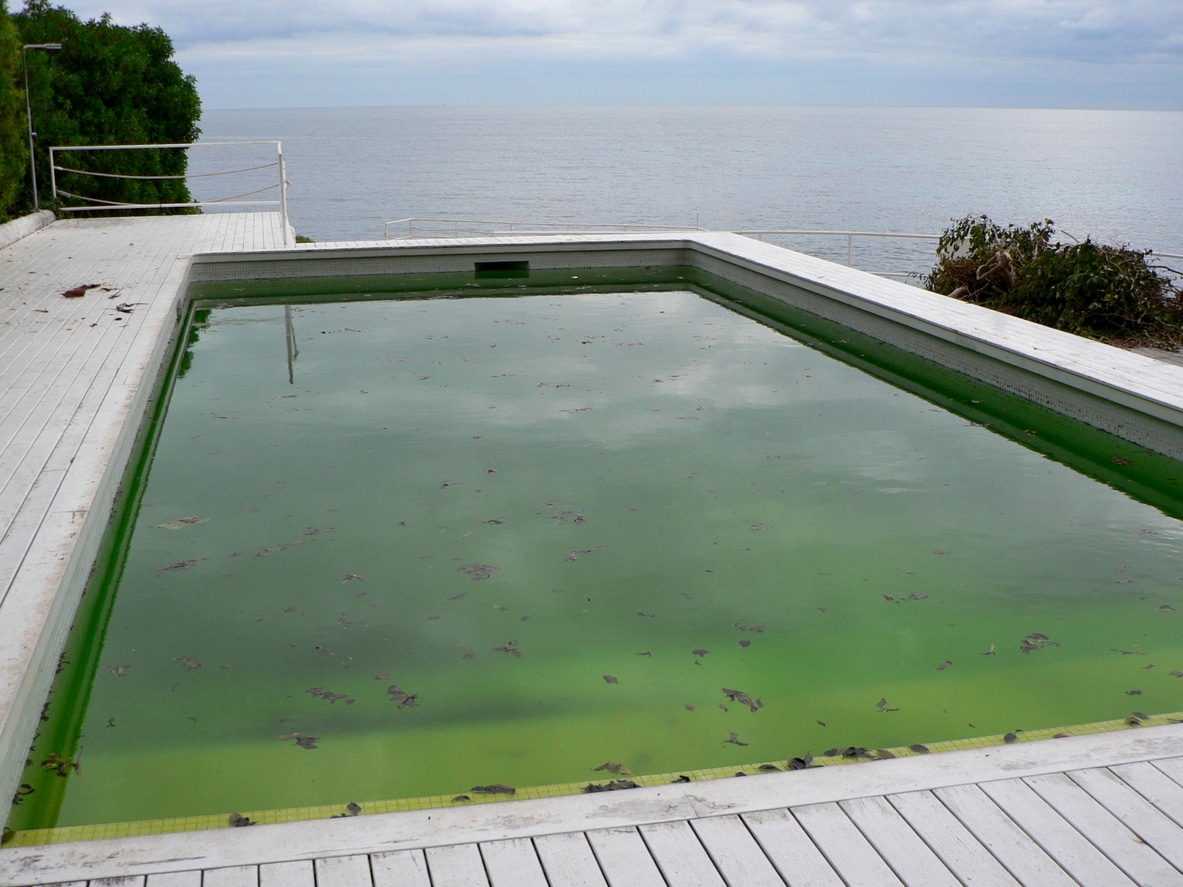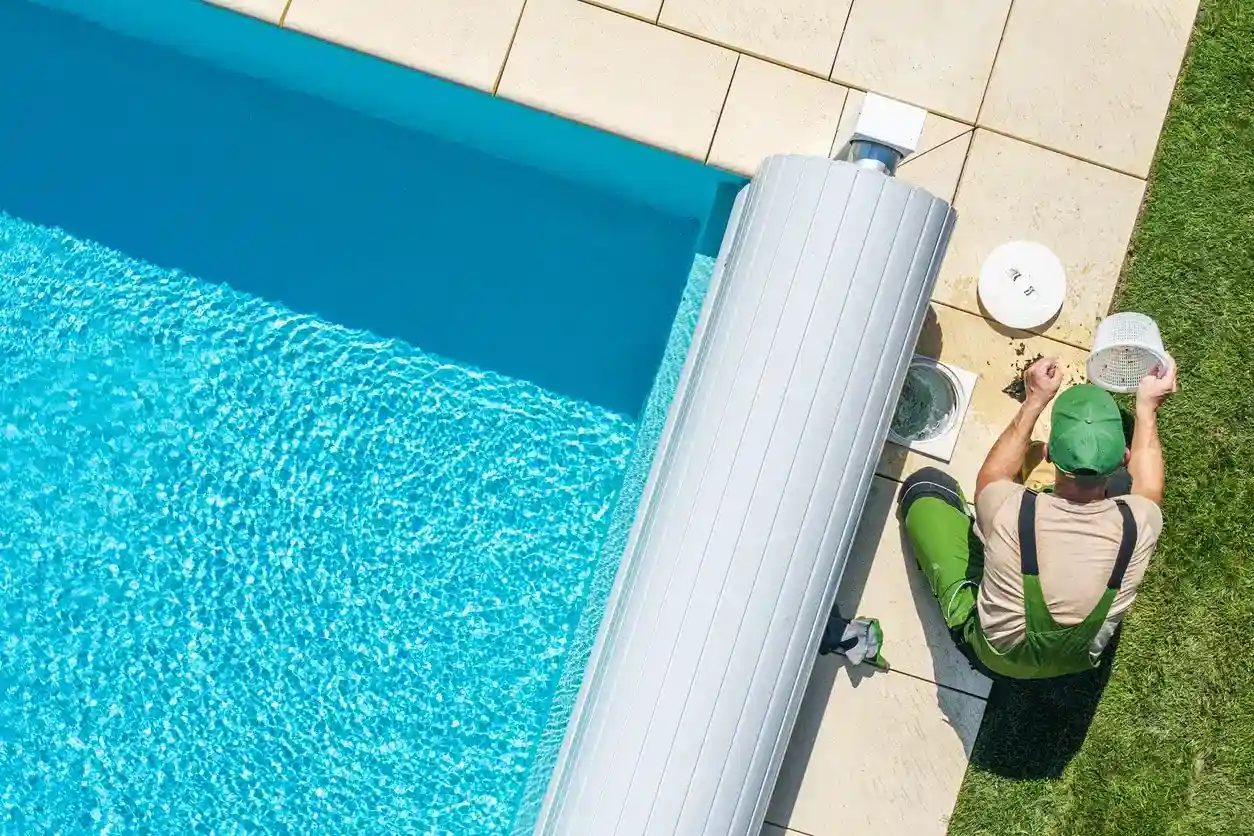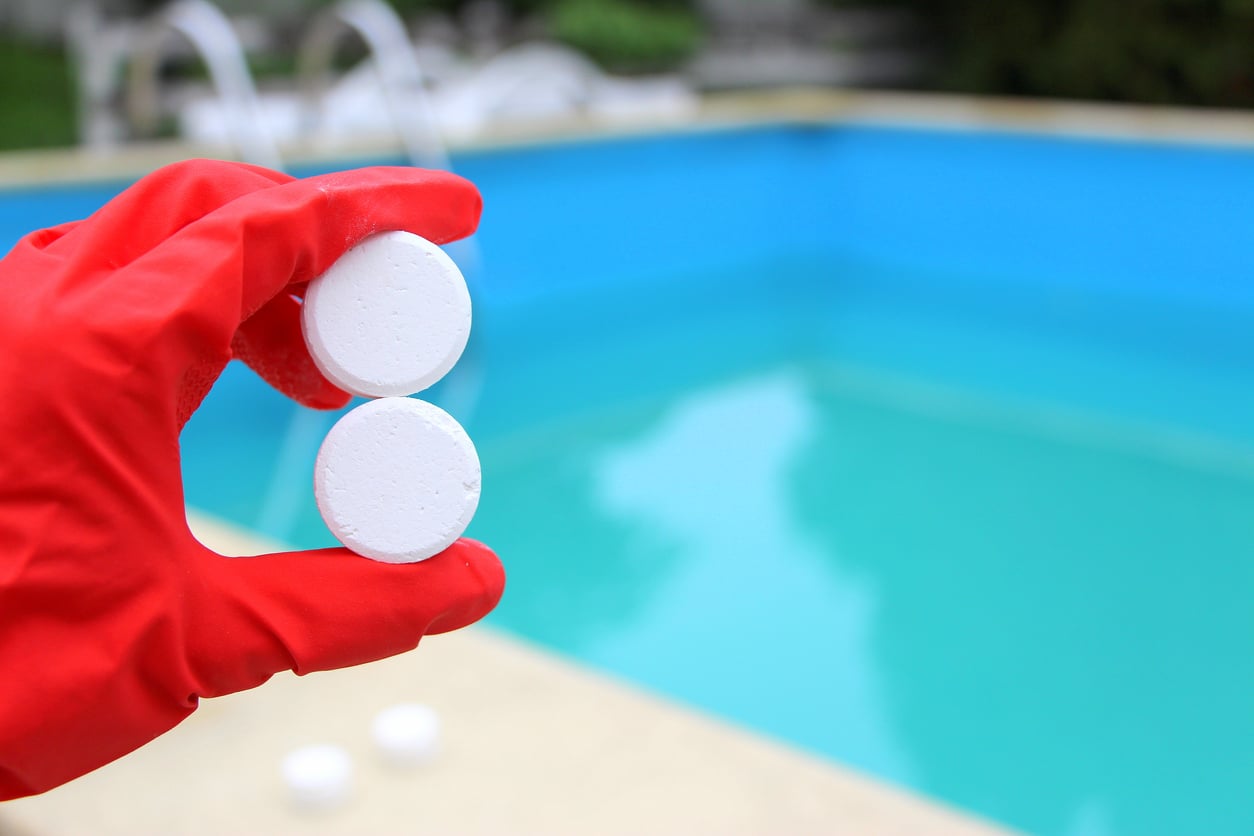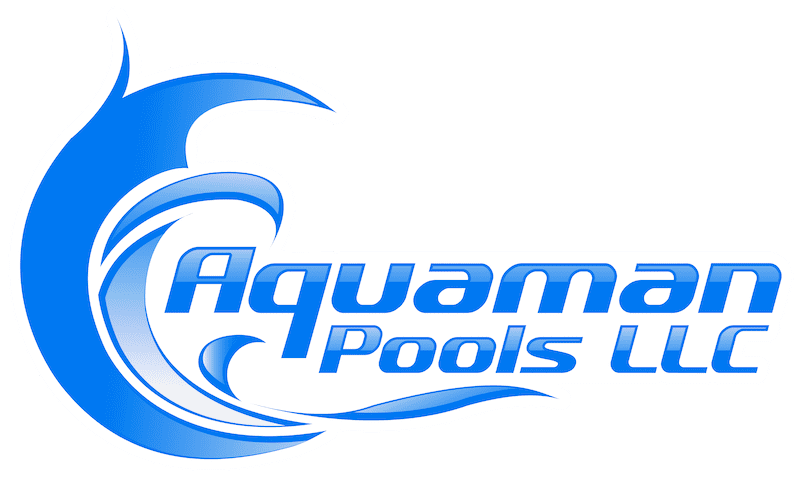Serving Scottsdale and Surrounding Areas

Energy Efficient Pool Equipment and Energy-Saving Tips
Summer in the Valley is undoubtedly the time when pools get the most use. Energy and maintenance costs can quickly increase while trying to properly care for the pool and keep the water clean and safely balanced. However, that doesn’t have to be the case! Aquaman Pools shares the following tips for saving energy (and money!) this summer.
One of the smartest things a pool owner can do that pays off in the long run is to invest in a new, energy efficient pool pump. The pool pump uses the most energy of all the pool’s equipment, so it’s a good idea to make sure the pump itself is of good quality and has energy efficient qualities such as varying speeds versus a conventional pool pump that only operates on one speed. This can ensure the pump runs only as needed for the task at hand — eliminating energy waste on filtration, for example. Many states also offer energy rebates for using equipment like an energy-efficient pool pump.
Running the pool filter at off-peak hours is another great way to save on energy (and costs!) this summer. While the pool filter does an important job and should be run every day, with a little due diligence pool owners can dial in the exact right amount of time the filter needs to be run to keep the pool clean without it working overtime and resulting in hire electric bills.
Many pool owners keep their lights on and water features going even when they’re not out enjoying the pool. But just like inside when a homeowner isn’t in a room, they turn off the lights or turn off the water when they’re not brushing their teeth, features outside should be used conservatively as well with a simple rule of turning them off when not in use. When it comes to lighting, there are many LED options that can help save the homeowner money (and that are also pretty cool – such as color-changing light and more!)
Pool owners can also consider a pool cover to help reduce water evaporation and help retain the water’s heat (not typically an issue in the dead of a Phoenix summer, but this can certainly come in handy during the winter months!). The U.S. Department of Energy states that for each pound of 80-degree water that evaporates from a pool costs the pool owner 1,048 BTU of energy. According to the Energy.gov website, “The evaporation rate from an outdoor pool varies depending on the pool’s temperature, air temperature and humidity, and the wind speed at the pool surface. The higher the pool temperature and wind speed and the lower the humidity, the greater the evaporation rate.” Adding a wind-blocking barrier such as a properly positioned wall or trees can help reduce water evaporation as well, according to the site.
There are a multitude of ways that pool owners can reduce pool costs through energy-efficient equipment and easy maintenance. For additional questions on how to reduce costs and save energy, contact Aquaman Pools!

